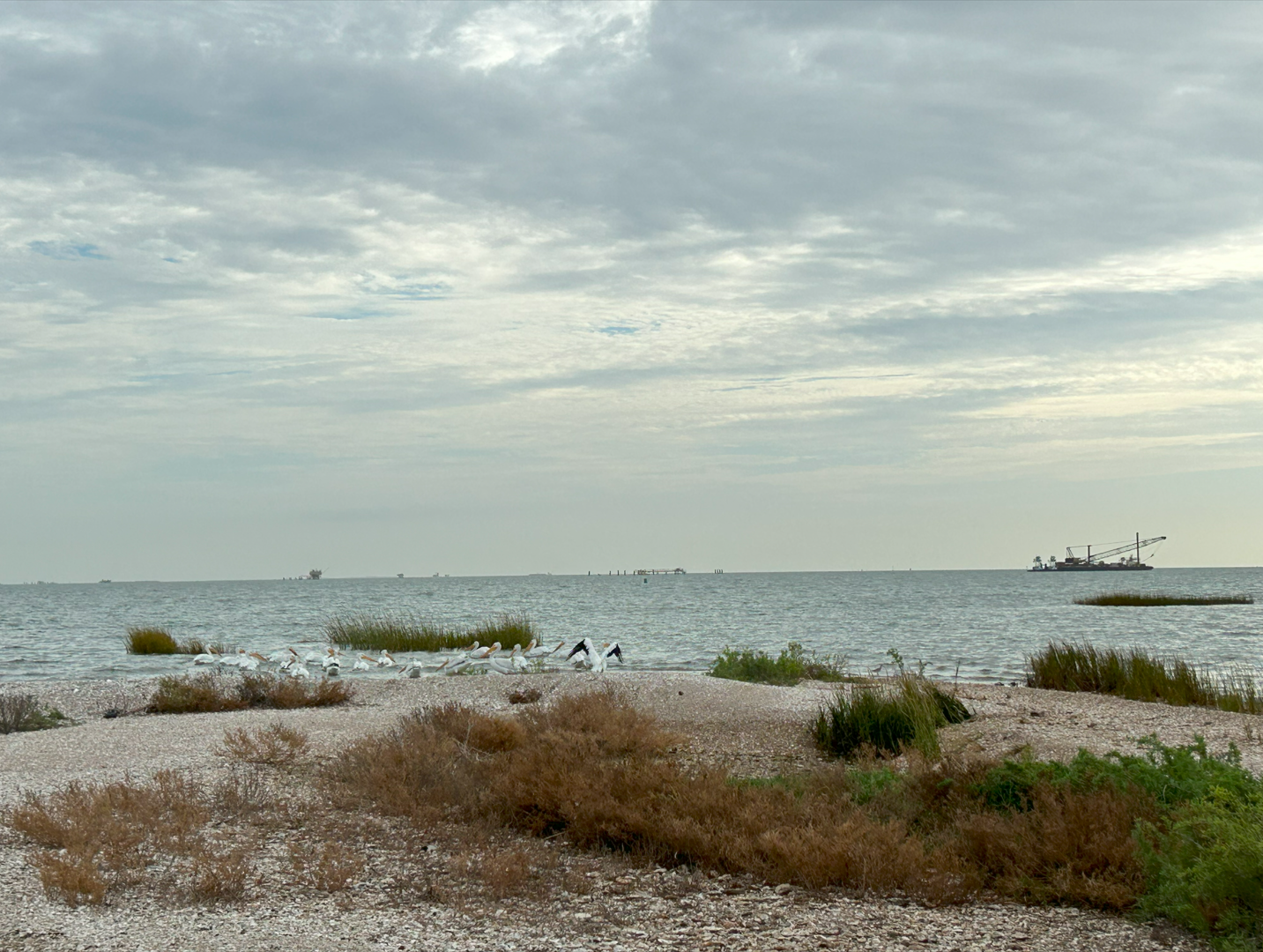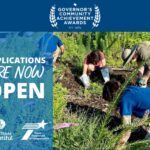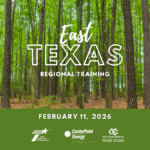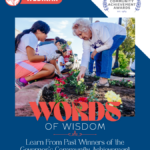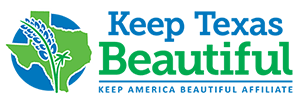KTB has had the honor of managing an EPA Grant through their Trash Free Waters program since 2020, extending project funds throughout the state to different organizations working to prevent the flow of litter into the Gulf of Mexico.
On October 27th, Kirsten Sorensen, KTB’s Research and Cleanups Program Manager, went out with the Galveston Bay Foundation and Black Cat GIS to conduct litter cleanups and STOP audits on three Texas Rookery Islands, which serve as protected bird nesting habitat in Galveston Bay.




Educating the Public on Litter Prevention
For their EPA’s Trash Free Waters Grant project, the Galveston Bay Foundation launched the Galveston Bay Action Network (GBAN), a tool available via website and mobile application. Local residents and tourists can report water quality issues on Galveston Bay. The tool allows you to map the location of pollution (from trash and debris to chemical spills), share details about the incident, and even upload a photo of the issue. Once submitted, the GBAN tool routes the report to the appropriate authority, who can then take action to resolve the pollutant.
Protecting Nesting Waterbird Habitat
One of the most powerful ways to learn about how litter and other pollutants impact the environment is to get people out in the field and see it for themselves.

On October 27th, Kirsten joined the effort to pick up litter on Giraffe’s Head Island, and Dickinson Bay Islands I and II alongside the Galveston Bay Foundation. The foundation maintains the man-made islands to provide safe nesting habitat for waterbirds in an area, where safe habitat is continually dwindling. The cleanup efforts were successful in collecting a significant amount of trash, which required a separate boat trip to transport before returning to the dock to take the cleanup crew home.
In addition to clearing each island of all visible litter, the team measured off 100-foot transects along the shoreline, picked up all visible trash, and then took a detailed inventory of each type of item collected. The data collected from each audit provides valuable information about the types of trash that wind up in Galveston Bay. Audits performed over time can help tell a story and provide valuable clues about where that litter comes from.
Lisa Scobel, the Galveston Bay Foundation’s Marine Debris Programs Coordinator, is passionate about creating more opportunities for citizen science projects, where the community can get directly involved in order to create lasting behavioral change by connecting with the purpose of the work.
The Galveston Bay Foundation and Black Cat GIS do amazing work on the Texas Gulf Coast, and KTB is honored to partner with them on this project. For more information, visit the Galveston Bay Foundation’s Our Work page and Black Cat Gis’ Projects Page.
And stay tuned for highlights from Kirsten’s site visit to San Marcos.
